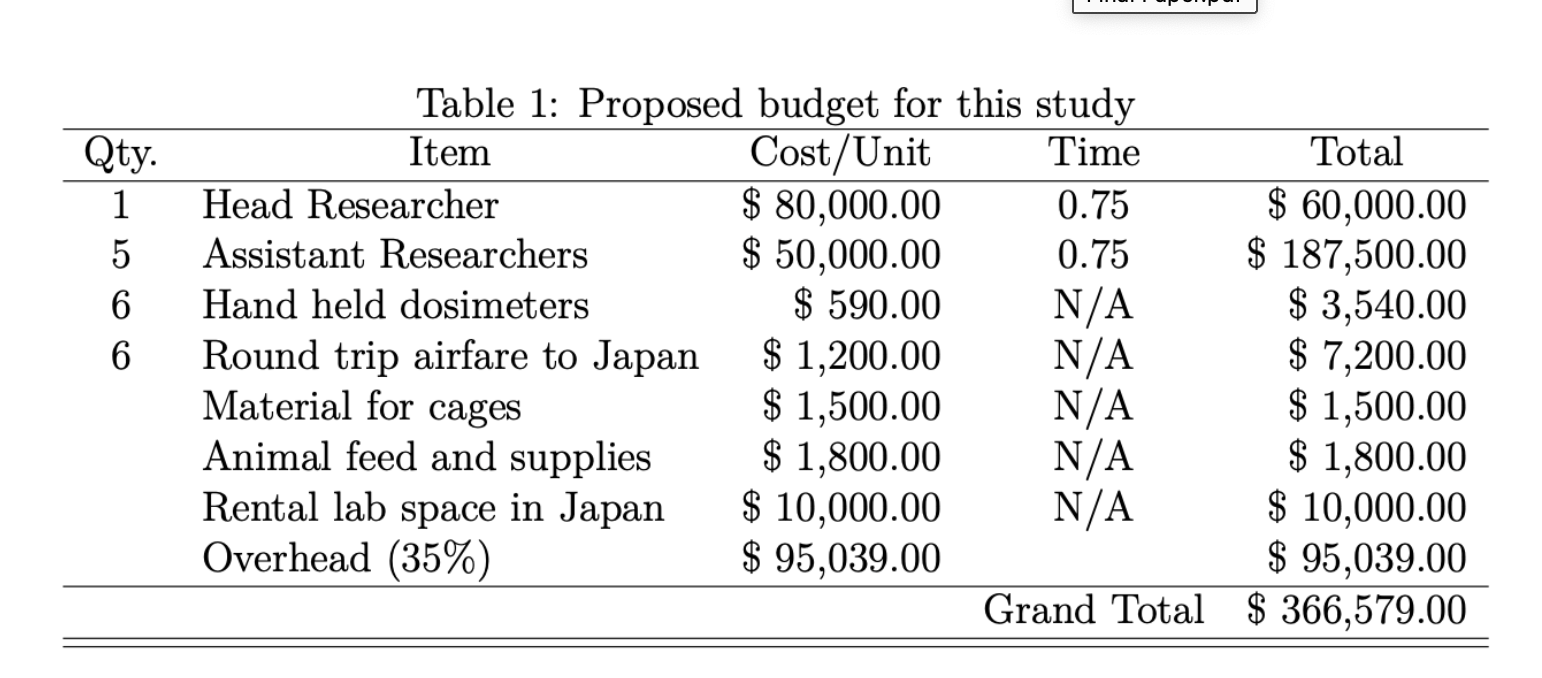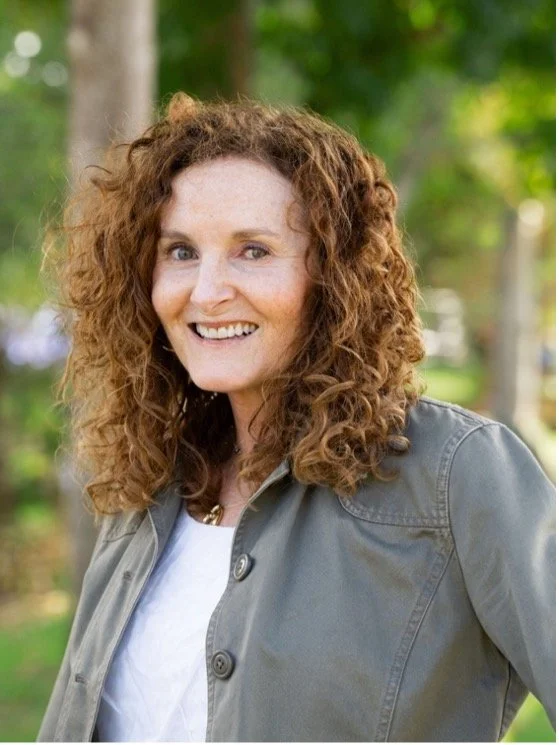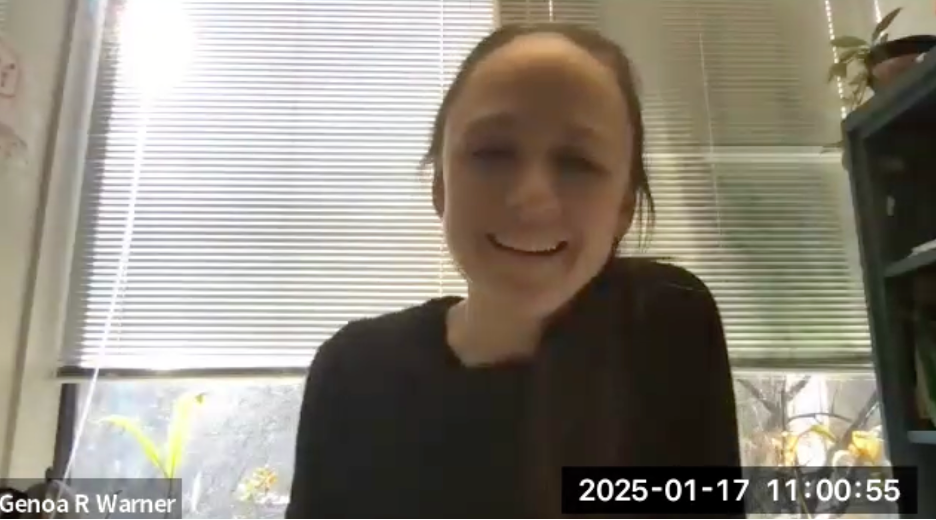A terrible contradiction is ironically juxtaposed on the New York Times website today. One headline proclaims, "White House Assesses Ways to Persuade Women to Have More Children." The other hideously reveals, "E.P.A. Set to Cancel Grants Aimed at Protecting Children From Toxic Chemicals." 'Nuff said?
Does no one in the ostensibly pronatalist camp get that however "Handmaid's Tale" you go on women, they are not likely to want to bring children into a world that is ever more polluted by toxic chemicals? Not to mention that these chemicals simultaneously attack fertility, just as in the Handmaid's Tale backstory? Women now largely understand that their babies are under assault even before conception, all so the chemical industry can make more money and sell more toxic, useless junk.
Two of my environmental health heroes are quoted in the article, Dr. Phil Landrigan and Dr. Tracey Woodruff, whom I am scheduled to interview Wednesday. They are both brilliant and tell it like it is. The article commences with this grim fact: "The Trump administration is set to cancel tens of millions of dollars in grants to scientists studying environmental hazards faced by children in rural America, among other health issues, according to internal emails written by senior officials at the Environmental Protection Agency." It finishes with Dr. Landrigan pointing out the vexed stupidity of this position: "By cutting these grants, 'an administration that claims to be anti-abortion is allowing infants in the womb, and young children, to be damaged by increased levels of toxic chemicals in the environment,' Dr. Landrigan said."
My current book project, Poisoning Children, under contract with Johns Hopkins University Press, lays out the price families pay for this kind of deregulation. Our most vulnerable and beloved family members -- our children -- have paid a terrible price in suffering and death -- all to profit a heartless and cruel petrochemical industry opposed to even commonsense regulation of their toxic products, all bolstered by the corrupt politicians their filthy lucre has purchased.
It is both impossible and highly hypocritical to say you are going to Make Americans Healthy Again while cutting crucial regulation and research into the damage pesticides, forever chemicals like PFAS, air pollution, and many other toxicants routinely do to American children. The article points out that abundant evidence links these chemicals to all the harms depicted in my book: cancer; autism, ADHD, and lower IQs; birth defects; asthma; and endocrine disruption resulting in diabetes and obesity as well as autoimmune disease like Crohn's and lupus.
I am not saying that I regret having my precious Katherine -- she was exceptional and loving, and my children have been the loves of my life -- but having a child only to have her poisoned by pesticides, suffering through leukemia diagnoses and two bone marrow transplants, and dead at age eight, ended her life and ruined mine. So many colluded to make this poisoning possible, despite what I thought were abundant precautions. This is not a good advertisement for having babies, amazing though they may be. Dead and poisoned babies? Not a good look. So rather than offering women creepy admonitions and $5,000 bribes, how about doing something to protect their children, born and unborn, and stop making the U.S. a darkly dystopian fascist state, where most women are going to be less likely to want to raise children. Abortion rates declined under Obama and Biden and have climbed during the Trump years, despite the defeat of Roe v. Wade. A coincidence? I think not. As anti-Trump, pro-life advocate David French has argued, people do not want to bring children into a world where hope has been assassinated.












